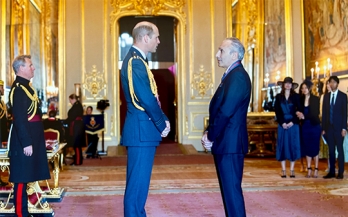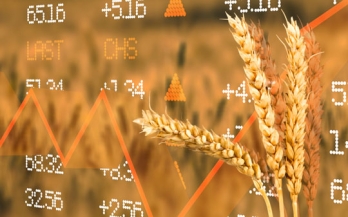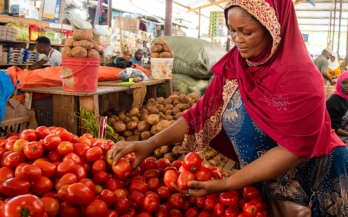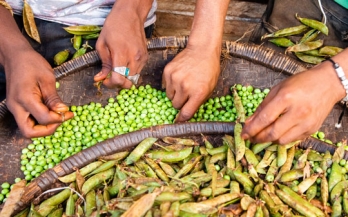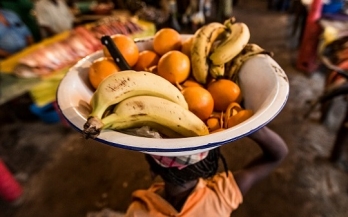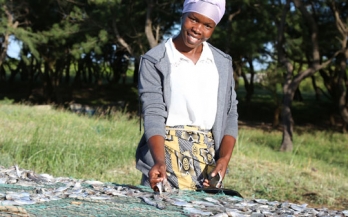Recently I was on panel chaired by the UN Deputy Secretary General, Amina Mohamed, where I was asked three questions about the UN’s “Stocktaking Moment” two years after the UN Food Systems Summit of 2021 (UNFSS). Here are my answers to the questions.
Dr Lawrence Haddad, Executive Director of the Global Alliance for Improved Nutrition (GAIN), has received his medal and been made a Companion of the Order of St Michael and St George for "services to International Nutrition, Food and Agriculture".
1 in 2 people reading this article are likely experiencing hidden hunger, in other words a lack of essential vitamins and minerals. That matters because these "micronutrients" are the micro drivers of functions such as our immune systems which keep us safe and healthy.
In the follow up to the UN Food Systems Summit, national policymakers are building their food system transformation pathways to articulate their priorities and goals and how they will be achieved. This is genuinely exciting, and in our opinion is the most important legacy of the Summit process. But while minds have to be changed, so do means. Priorities have to be reflected in budget spreadsheets as well as in speeches if food system transformation is to happen.
I remember well the first Nutrition for Growth Summit in 2013 in London. I wrote the framing paper for that Summit: why should we invest in improving nutrition status? Answer: because 45% of under 3 mortality is linked to malnutrition.
After a year of planning, the UN Food Systems Summit is just days away. A catalyst for an extraordinary outpouring of energy and creativity over these past 12 months - hundreds of thousands of people from governments, civil society, business, and development agencies have participated in the preparations.
BLOG: Over the past eight months we—in our capacity as Action Track Chairs for the UN Food Systems Summit—have received well over 2,000 written submissions from around the world on how to transform food systems so that they can deliver access to safe and nutritious foods for all, in ways that deliver sustainable consumption, use approaches that are positive and regenerative for nature, generate livelihoods and decent work for those who depend on the food system, while promoting equity and building resilience for all.
BLOG: The Worldwide Fund for Nature (WWF) and the Global Alliance for Nutrition (GAIN) have just signed up to a new partnership. WWF aims to stop the degradation of the earth’s natural environment and to build a future in which humans live in harmony, and GAIN to deliver more nutritious food for all people. At face value fundamentally different jobs. Why would they be joining forces? The answer is simple: food systems are failing nature and are leaving billions of people without safe and nutritious food.
The number of people who go to bed hungry was rising steadily prior to the COVID-19 pandemic due to stresses related to climate, inequality and conflict, and now stands at 690 million. The pandemic has supercharged these trends. The latest UN estimates are sobering, with an additional 130 million projected to be suffering from hunger, even before the devastating pandemic numbers we are currently seeing from India and Brazil.
Dubbed a "Peoples Summit", it is open to unprecedented engagement in every country, from every sector, and every constituency. It is also dubbed a "Solutions Summit" with a focus on action. I lead one of the five thematic areas or "Action Tracks" (ATs) on "Ensuring access to safe and nutritious foods for all". There are four other ATs, a Science Group, a Champions Group, 4 cross-cutting Levers and the over 100 Summit Dialogues to date.


